1. California
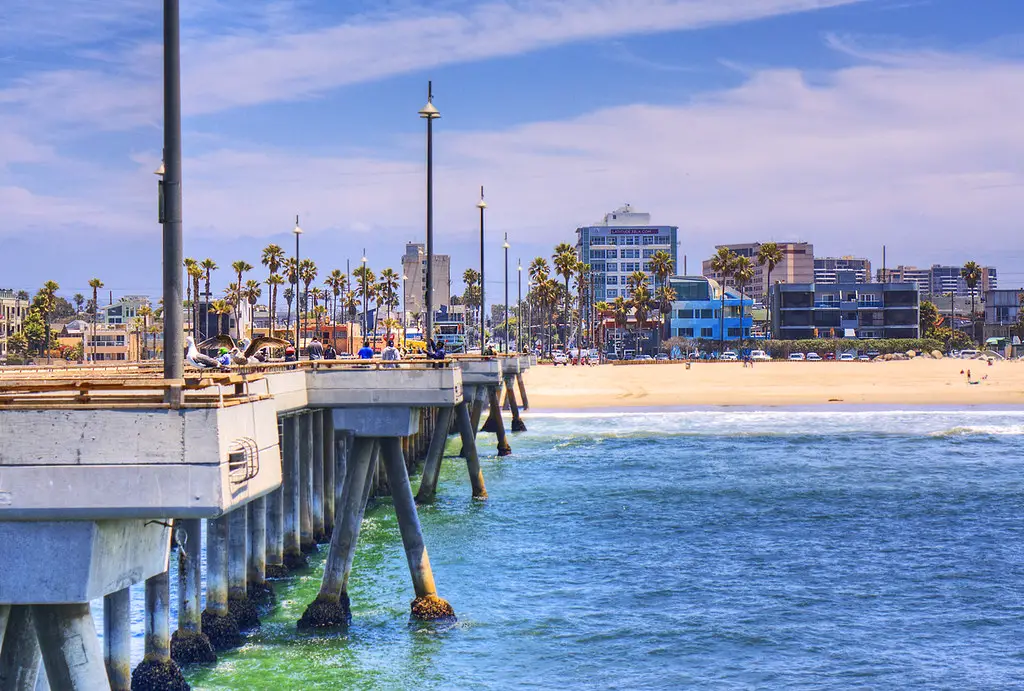
Changes in water use laws will impact gardeners, especially regarding irrigation systems and drought-resistant landscaping. Expect new regulations encouraging water-efficient practices for home gardens.
2. Florida

Legislation focusing on native plants aims to reduce the spread of invasive species. Homeowners may face restrictions on non-native garden plants to protect local ecosystems.
3. Texas

Updates to urban farming laws allow more leniency for backyard vegetable gardens. However, stricter pesticide use regulations will also come into effect to protect pollinators.
4. New York

Laws targeting rooftop gardens in urban areas will encourage eco-friendly practices. Tax incentives may be provided for installing green roofs or using sustainable materials.
5. Colorado
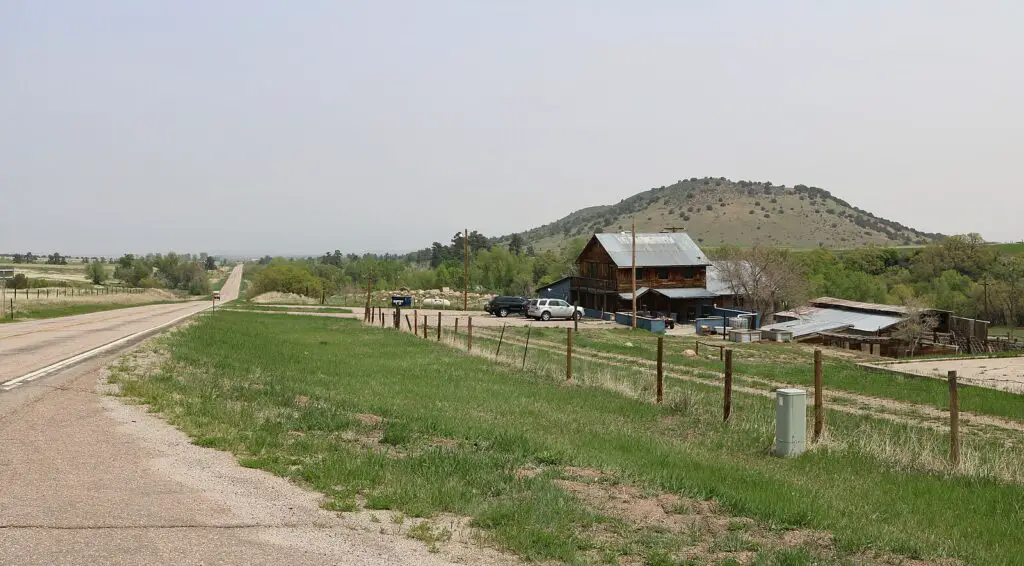
Changes to composting laws will impact gardeners looking to create their own organic soil. Home compost systems will require adherence to stricter guidelines to ensure environmental safety.
6. Oregon

Permits may now be required for certain garden structures like greenhouses or large planters. The state is also focusing on sustainable water usage for home gardens.
7. Illinois

New regulations encourage community gardening and urban agriculture, while individual backyard gardens may face zoning restrictions to maintain neighborhood aesthetics.
8. Arizona
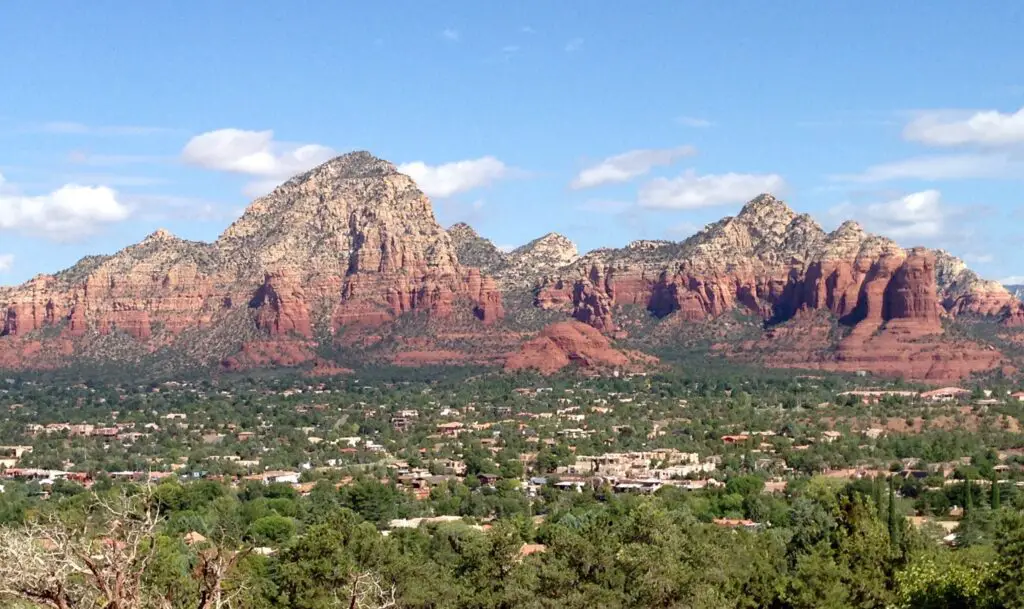
Laws addressing xeriscaping will encourage drought-tolerant plants and limit high-water-use species. This is especially relevant for desert landscaping enthusiasts.
9. Pennsylvania

Laws to protect pollinators will enforce restrictions on certain pesticides. Gardeners may also see new programs encouraging bee-friendly landscaping.
10. Washington
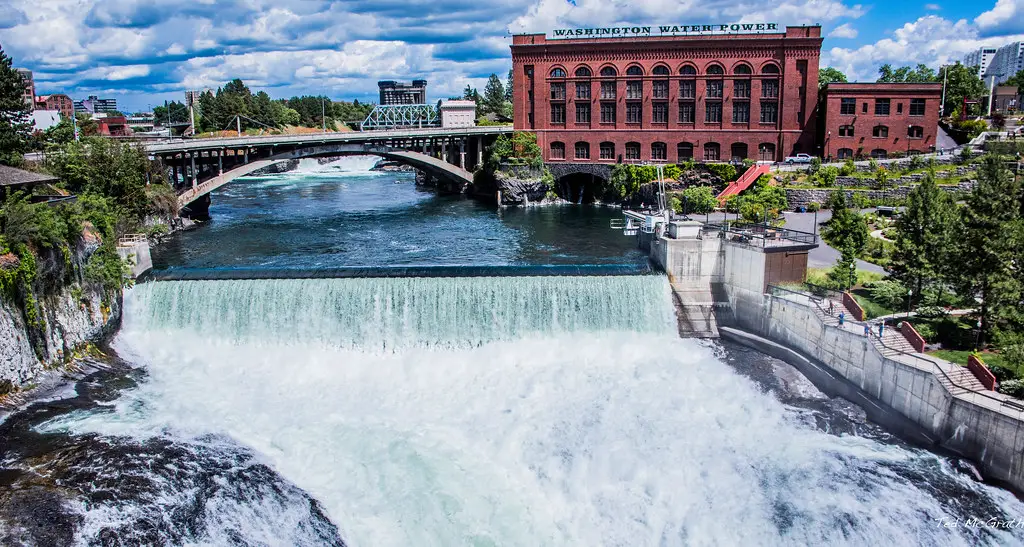
Updates to urban gardening policies will allow more flexibility in raising edible plants. Stricter laws on invasive species will guide choices for ornamentals and shrubs.
11. Massachusetts

Increased focus on food security has led to incentives for backyard vegetable gardens. However, there will also be stricter guidelines on fertilizer use to protect waterways.
12. Nevada
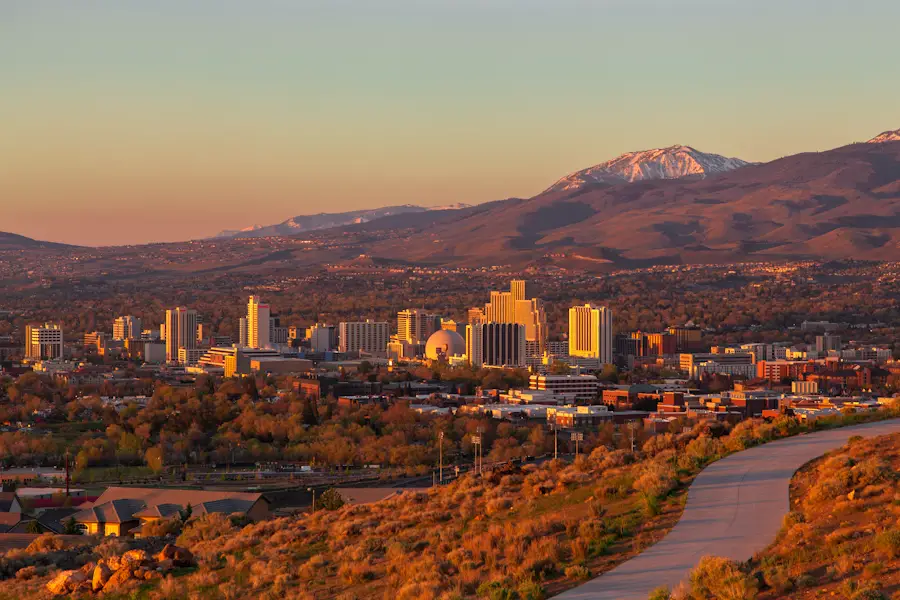
New laws aim to conserve water by limiting traditional grass lawns and encouraging desert-friendly landscaping. Gardeners will need to prioritize native plants that thrive in arid conditions.
